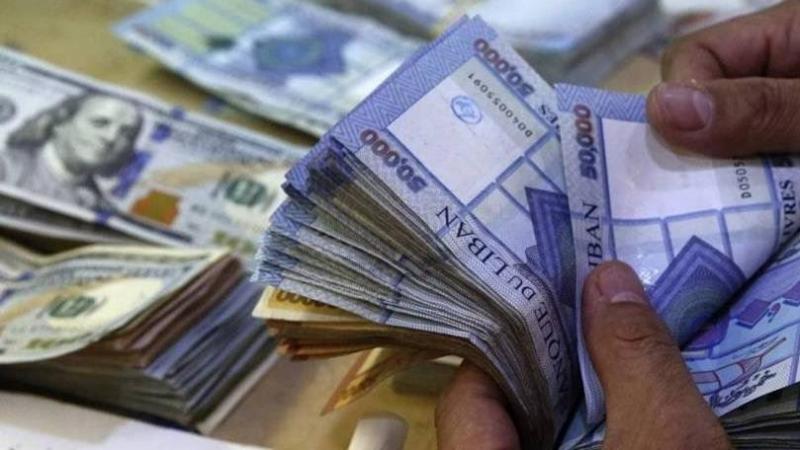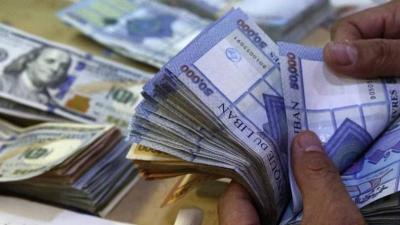Lebanese citizens have been preoccupied with the news of raising judges' salaries based on an exchange rate of 8,000 LBP, while the strike of the Public Administration Employees Association continues. Has the process of wage correction begun? Or will matters remain managed in a "summer and winter under one roof" manner? Economic expert in dollarized countries, Layal Mansour, pointed out that "what is happening regarding salary increments is a type of correction of these wages or the provision of a cost-of-living allowance due to the inflation occurring and the depreciation of salaries. However, it cannot be termed as a 'wage correction' process because what is actually happening is the printing of more unbacked money in relation to revenues."
In an interview with the "Anbaa" electronic newspaper, Mansour noted that "the lack of secured revenues to cover the increases (expenses) through increased production means printing more currency, which will inevitably lead to additional inflation and a new rise in the exchange rate. Thus, the increases will be illusory but will have a psychological impact on people." However, Mansour mentioned that "the size of the judicial body in Lebanon is small, and the increases will not have a significant impact on the economy. Yet, if it is decided to grant the public administration increases in this manner without securing corresponding revenues, then the economy will face a major inflation crisis."




